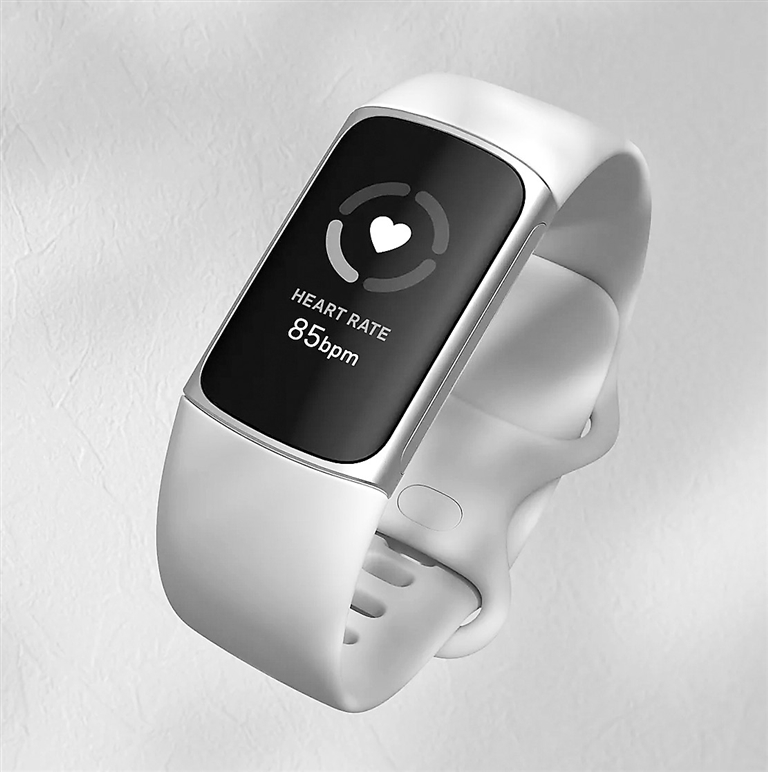
THE global pandemic threw daily routines out the window; sleep schedules changed, so did diets, workout regimens, even hygiene. Stress levels were reported higher than ever. Fitbit CEO James Park said the last 18 months inspired the company to look closer at how its fitness trackers can better support mental health and stress management. Its solution: a next-generation fitness tracker that scores how mentally and physically ready users are to take on challenges each morning — and makes personalized suggestions to better plan their day. “We realized [during the pandemic] we were capable of more than we thought and what it means to be strong took on a new meaning; maybe it isn’t about being in the best shape physically,” Park said in a press briefing. “It’s about checking in with your body and balancing activity with rest. It’s about finding time for both your mental and physical health and managing your stress. It is about giving yourself a break today.” The Charge 5 (US$179.95) comes with all the bells and whistles you’d expect on a fitness tracker. It’s thin, sleek, features a bright AMOLED screen and touts built-in GPS. But its new daily readiness feature is the big selling point. Fitbit said it uses an algorithm to generate a score each morning that looks at the level of activity or exertion from the previous day; how well you slept in the past few days; and heart rate variability during deep sleep, which helps measure the body’s responses to stress factors such as illness and emotional stress. These benchmarks are then measured against a personal baseline. When a user gets a low score, the app will suggest prioritizing recovery and recommend activities such as yoga, stretching or a mindfulness session. When a high score is given, it’ll suggest one of its hundreds of workouts. The feature is available via Fitbit’s Premium service, which costs US$10 a month (or US$80 annually) for advanced health insights, sleep tools, games and guided programs. The Charge 5 comes with six free months of the service. The feature will also be available as an upgrade to other Fitbit devices, including Sense, Versa 3, Versa 2, Luxe and Inspire 2 devices. The company said it has about 1 million Premium subscribers. Fitbit also brought over several tools already featured on its Sense smartwatch line, such as an EDA sensor, which measures the body’s response to stress by monitoring changes in the sweat glands, and an ECG sensor that monitors heart rhythm and potentially flags abnormalities that could help prevent blood clots, strokes and other risks. Fitbit is in a unique position to provide a feature like a daily readiness score as it tracks both sleep and heart rate, and learns more about the user over time. “Body readiness is clever because over-exercising can be a problem and lead to injuries down the road and under-exercising leads to being out of shape,” said Ramon Llamas, research director of market research firm IDC. “This provides proof to the user what their body is ready for or what it needs, taking the guesswork out of how a user is thinking about how their body is doing. It uses the user’s own data to come up with a score instead of comparing to some vague and sometimes inaccurate set of information.” IDC reported Fitbit shipped 15.1 million units worldwide in the one-year period starting January 2020. Fitbit isn’t alone in offering wellness features. Samsung offers a stress management tool on its Galaxy Watch that lets users check heart rate and oxygen saturation to determine their stress level. It also provides breathing exercises, a practice that’s also available on the Apple Watch. Shipping of the Fitbit Charge 5 will start this fall. (SD-Agencies) | 
